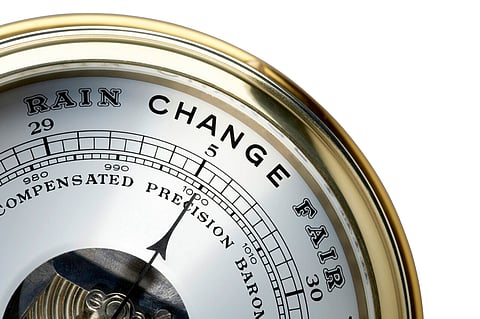Luxury Industry Predicts Growth in 2023 as VIP Customers Return
After a tumultuous year, the luxury industry predicts growth. According to a recent study by marketing data analysis specialist Kantar Insights and research firm Altiant, VIP customers are back, and they are ready to spend more in 2023. This segment, which represents 5% of the population in terms of annual household income, has a growing appetite for high-end products and exclusive services.
The survey, conducted online in the United States, China, and Europe (Germany, France, Italy, and the United Kingdom), targeted women and men aged 18 to 60 in the top 5% of annual incomes who have purchased at least one luxury item in the past year. These individuals spent an average of $43,000 in 2022 on six out of nine top luxury products or services, ranging from hospitality, food, wellness, wine, and spirits to all fashion and accessories categories.
For 2023, 65% of respondents stated their intention to increase spending on at least one of these sectors, and on average, 32% indicated they would do so on all nine. Luxury hotels and restaurants lead the way, with 38% each, followed by spas and beauty salons with 36%. Thirty-five percent of participants plan to increase their spending on ready-to-wear and haute couture, while 34% are likely to splurge on leather goods. Surprisingly, jewelry, accessories, and watches inspire only 30%, 25%, and 24% of this population, respectively.
What is clear from the survey is that it's the luxury experience more than the product that attracts luxury consumers. Françoise Hernaez, head of luxury for Kantar Insights, points out that "The luxury industry is dynamic. This is true regardless of the category studied. But some sectors are true objects of desire and will benefit even more from this growth. We find in first place the luxury hotel industry, followed by gourmet restaurants, spas, and luxury beauty salons. Desires that naturally echo this post-confinement period."
Geographically, upward buying intentions are particularly strong in China, with 39% on average, while in the UK, double the average amount say they want to spend less, note the surveyors.
The survey also notes that traditional stores are essential, with an evolution forecast of +26%, even if online spending continues to grow strongly with an increase of 32%. For a successful shopping experience, luxury consumers value rare moments in store, holistic experiences, and artistic, festive, or educational events organized by brands for VIP customers, according to Adrien Germain-Thomas, head of the retail and e-commerce sectors at Kantar Insights.
Furthermore, the study highlights the emergence of "a new cartography of desires that transcend borders and categories" around six main motivations. Twenty-nine percent of respondents are motivated by the notion of discovery, while 18% are attracted to attention. Fifteen percent see luxury as a symbol of success, 14% are attracted to exclusivity, 12% the heritage, and 12% the authenticity in terms of commitment and values embodied by the brand.
It is interesting to note the increasingly significant role played by influence, the internet, and new technologies in this mapping of desires. This notion of "influence" is also used in the metaverse, which, as the study notes, "is more widespread among those seeking to attract attention and influence (20%), who are the most communicative, and therefore more seduced by this new communication medium."
The survey shows that NFTs appeal more to "people who are looking to enhance their status (23%), which is possible by purchasing works or virtual objects in limited or unique numbers." They. Finally, cryptocurrency is mostly adopted by "people who are sensitive to discovery (41%), more adventurous and probably more risk-orientated."
This last trend confirms the wealthy clientele's desire to be stimulated by luxury houses, expecting them to cultivate their curiosity and desire to learn, as Nelly Papapanayotou, head of brand strategy for Kantar Insights, notes: "Only one group stands out as carrying more weight than the others, the desire for discovery, which is tending to be driven by the United States. This demonstrates the importance of innovation and surprise to maintain desire." These motivational groups "go beyond traditional segments (country, age, or gender) to focus on customer needs. Each of these desired territories is significant and transversally present on the three continents. Brands will be able to play on one or more of these deep motivations, depending on their ambition, their positioning, and their target."
Inspired by what you read?
Get more stories like this—plus exclusive guides and resident recommendations—delivered to your inbox. Subscribe to our exclusive newsletter
Resident may include affiliate links or sponsored content in our features. These partnerships support our publication and allow us to continue sharing stories and recommendations with our readers.

